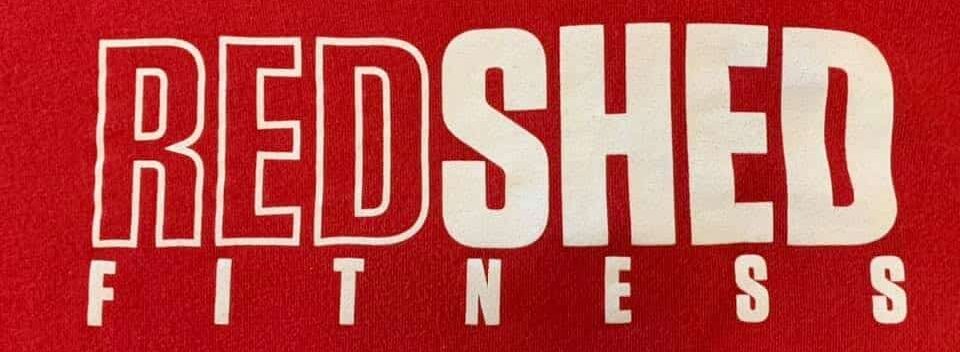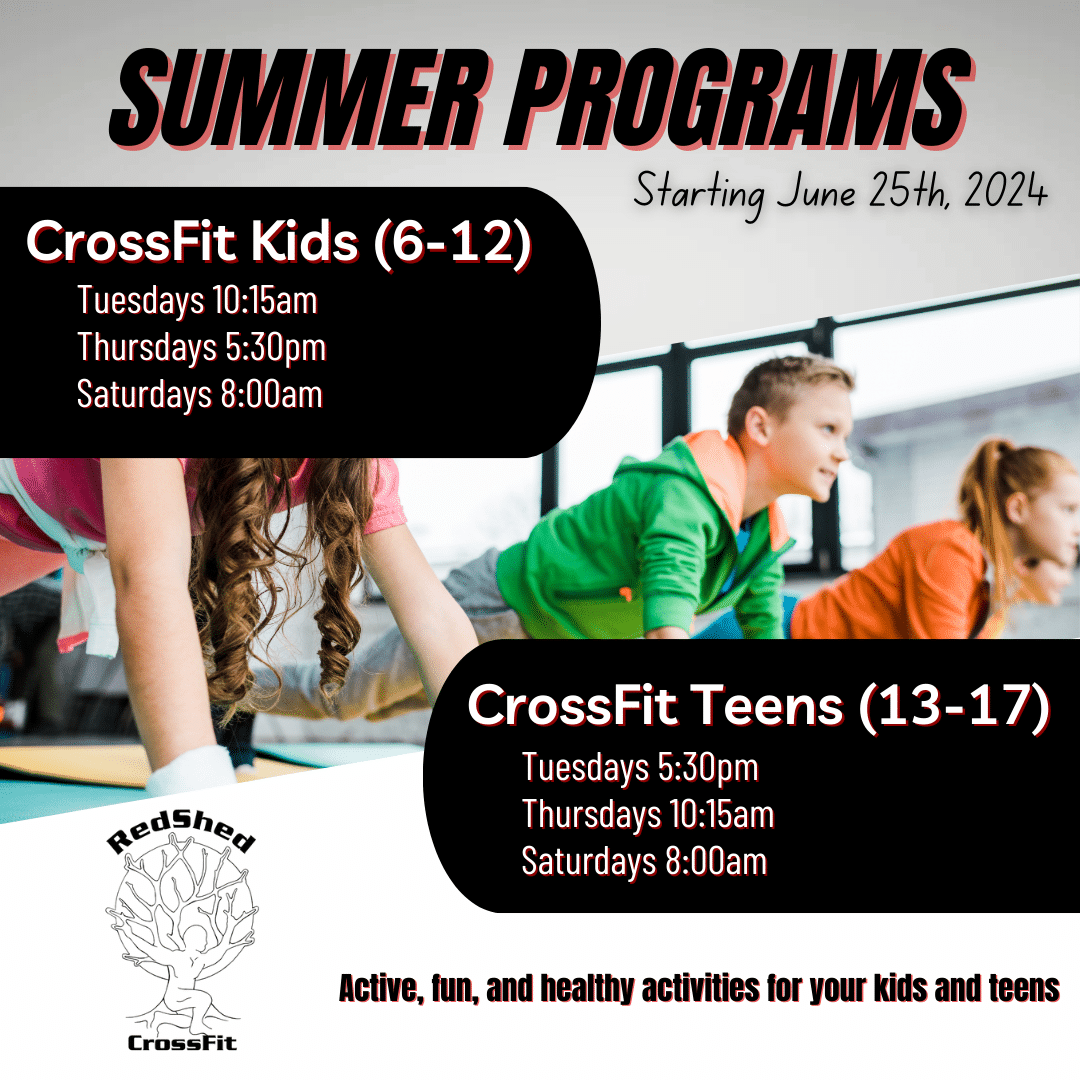· How certain food groups are negatively impacting how you look, feel and perform, even if you don’t immediately notice their effects
· What you should be eating to look, feel and perform your best – and why you don’t really need to weigh and measure all your food to achieve excellent fitness levels
· How to break unhealthy patterns, habits and cravings related to food, and change the way you eat for the rest of your life in a healthy, balanced, satisfying and sustainable manner
· How to make food work for you by speeding up the healing process – and how poor food choices contribute to keeping you sick, weak and injured
· How to manage healthy eating under any circumstance – while traveling, at home with the family, during social events or in a business setting
· The best way to incorporate “cheats” into your diet, enjoying the foods you really want without compromising your overall health and fitness goals
So what does this mean? I know you have probably heard some of this before, but if you explore some of the links a little further, it will go into the “why” of it all. Without getting too far into the science behind it all, here are some quick guidelines:
Foods that make you LESS healthy
- Sugar (even from fruits)
- Processed foods
- High fructose corn syrup
- Artificial sweeteners
- Alcohol
- Grains (including: wheat, oats, millets, barley, corn, quinoa)
- Legumes (including: beans, peas, lentils, soy, peanuts)
- Dairy (including: milk, cheese, ice cream)
Foods that make you MORE healthy:
- Meat (beef, pork, chicken, fish/seafood, eggs)
- Vegetables
- Fruit (in moderation)
- Fat, including:
Nuts (recommended: macadamia, hazelnuts)
Meat options (saturated fat source: grass-fed, hormone/antibiotic-free, organic)
Coconut products (milk, oil, unsweetened shredded)
Supplement with fish oil (primarily Omega-3)
Training & Nutrition:
You need to fuel your body properly for optimal performance. Some things to consider when it comes to getting the most out of your workout and the recovery needed for the next:
Pre-WOD: include protein and fat (~30-60 minutes prior to training)
- Ex: hard-boiled eggs and a handful of nuts
Post-WOD:include protein and carbs, little or no-fat (as quickly as possible after training ~10-15 minutes post-WOD, at least within 30 minutes post-WOD)
- Ex: eggs (or whites) and sweet potatoes
Supplement: Fish oil capsules
Choose Your 30 Days:
If I did not lose you after sugar and alcohol making you less healthy, check out:The Whole30.
I can tell you where it STARTS… strip out all the crap from your diet and let your body heal and recover from whatever effects those foods may be provoking. What, exactly, does that mean? Super strict, no cheat, by-the-book, 100% Healthy Eating for the next 30 days. Cut all the foods that could be kicking you in the crotch without you even knowing it for the next 30 days, and see how that feels. (To be clear – this is NOT a “30 Day Challenge”). This is so much bigger than that.
After 30 days, some resources: The Whole9 Guide to Eating Dirty –
Part 1 and Part 2




